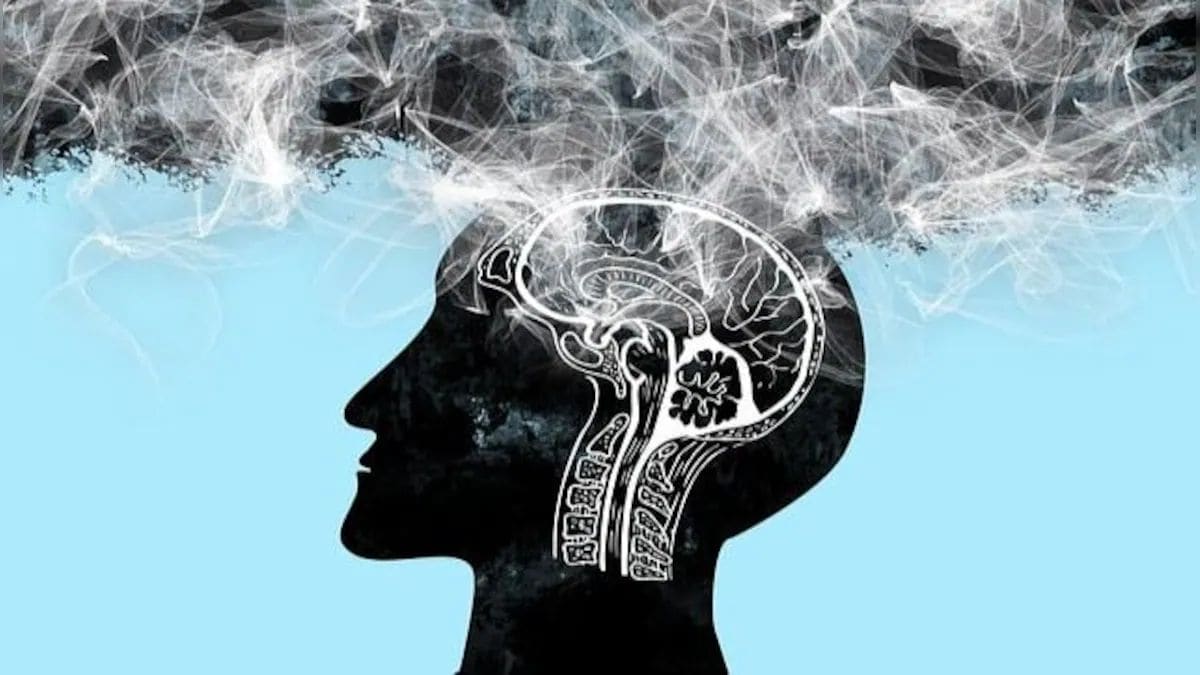As the world braces for a projected rise in Alzheimer’s cases, concerns about the implications of this progressive neurological disorder are mounting. Alzheimer’s disease, which gradually worsens over time is expected to see a staggering increase with cases estimated to double from 6.9 million in 2020 to nearly 14 million by 2060.
It is currently the 6th leading cause of death among adults aged 65 and older. Statistics suggest that one in three older Americans dies with Alzheimer’s or another form of dementia, making the disease a more significant cause of mortality than breast and prostate cancer combined, according to the Alzheimer’s Association. Between 2000 and 2021, deaths from Alzheimer’s more than doubled, in contrast to heart disease — the leading cause of death — which has seen a decline.

At 70, people with Alzheimer’s are twice as likely to die before turning 80 compared to those without the disease, according to a study. A striking trend emerges when comparing Alzheimer ’s-related deaths to those attributed to heart disease, the leading cause of mortality. Between 2000 and 2021, Alzheimer’s deaths more than doubled, whereas heart disease-related fatalities decreased.
Talking about the latest advances in Alzheimer’s research, particularly in terms of treatment and prevention, Dr Jyoti Bala Sharma, Director of Neurology at Fortis Hospital (Noida) said that the management of Alzheimer’s disease typically involves a combination of medications, lifestyle changes and supportive care. Medications such as cholinesterase inhibitors and memantine are commonly used to manage the disease’s progression, she said, adding that lifestyle adjustments play a crucial role in managing Alzheimer’s. “Cognitive stimulation through activities like puzzles and reading, regular exercise, social engagement and a healthy, nutrient-rich diet are all recommended.
Stress management techniques such as meditation also contribute to slowing cognitive decline,” she added. Dr. Sharma also stressed the importance of supportive care with a focus on educating and supporting caregivers, managing behavioural changes like agitation and aggression and maintaining physical and cognitive abilities through therapies.
.

















